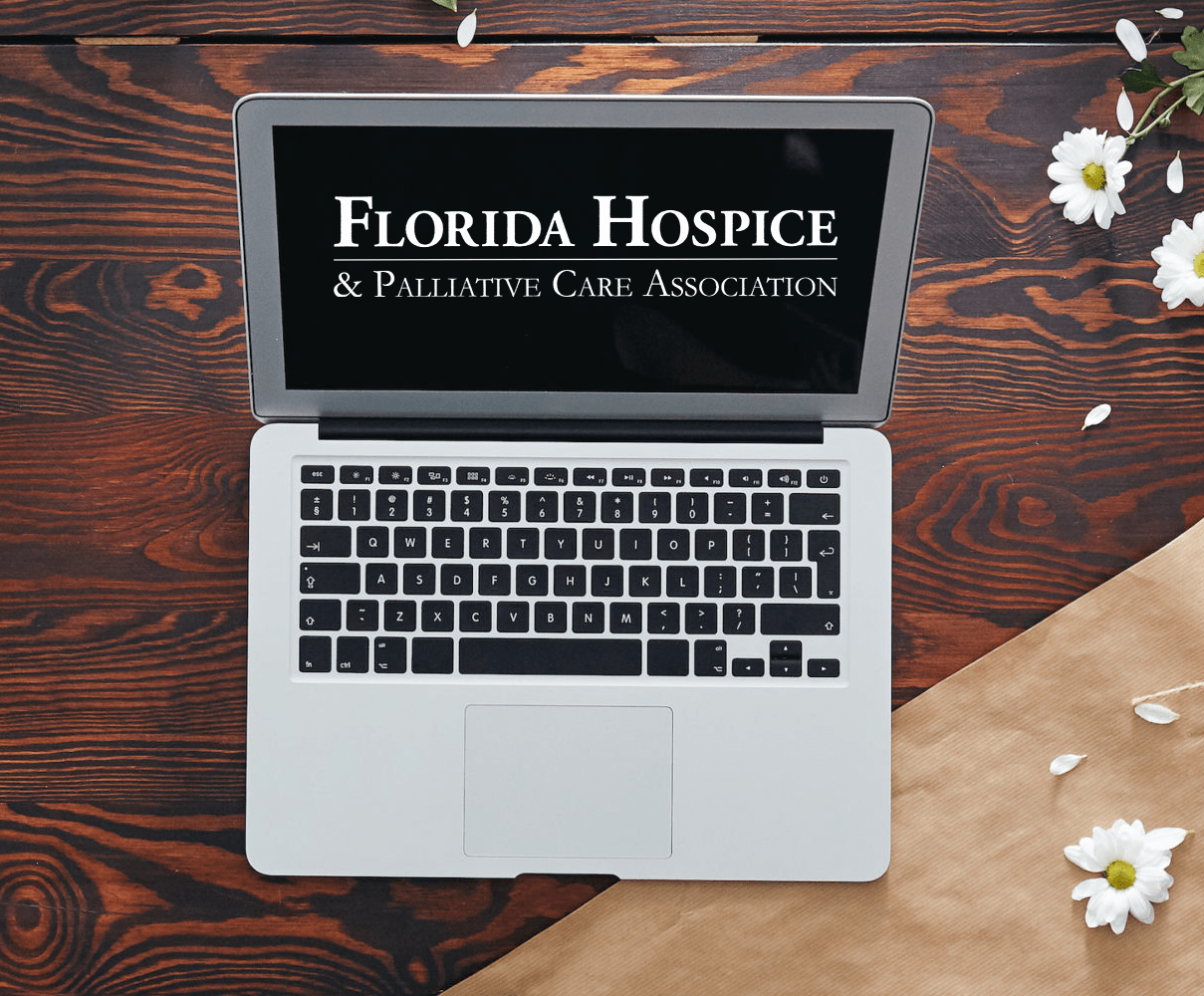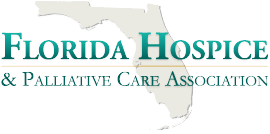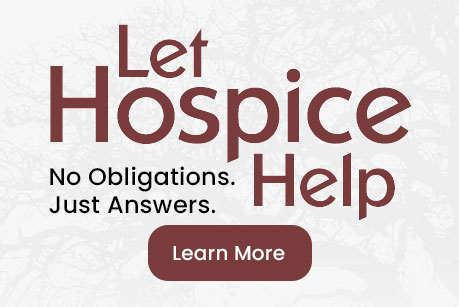This year’s Forum attendees enjoyed a free copy of HospiScript’s Palliative Care Consultant Book. Now everyone can enjoy this comprehensive palliative care guide for 25% off the $69.99 ticket price. PURCHASE BOOK Use discount code 3H2XGAEZ – Discount expires…
Get 25% Off on the Palliative Care Consultant Book
News
This year’s Forum was a great success! While we are preparing follow-up emails, evaluations, attendee lists, and CEU information to go out this week, don’t forget to mark your calendar for 2025:
Upcoming Events
Sun
Mon
Tue
Wed
Thu
Fri
Sat
S
M
T
W
T
F
S
31
1
2
5
6
7
8
12:00 PM - Compliance for the Hospice Bereavement Team
12
13
14
15
17
18
19
20
21
22
26
27
28
29
30
3
4

Part 1 of the series will focus on understanding the regulations, the types of deficiencies, including condition level deficiencies and immediate jeopardy, and how to avoid them. It will also drill down on regulatory compliance, including how to prioritize noncompliant areas, assess your agency, write action plans, involve and educate staff, and develop an effective QAPI program.
There will be a brief review of the data-driven information on Care Compare, CAHPS, etc. to explain how to tie those into your QAPI program to ensure compliance and enhance quality and efficiency of care.

After completing training, your volunteers should be fully prepared for the work they face. Most programs utilize a standardized curriculum that meets Medicare guidelines, yet those topics are meant to be “minimum standards” and miss some very important issues and necessary skills.
This webinar will explore several critical skills, including setting and maintaining personal and professional boundaries, the critical importance of supervising volunteer boundaries, volunteers’ part in suicidal ideation intervention, their role in assessing and providing grief and loss support and guidance, and other important dynamics.

Your operating model is a three-legged stool: providing care, business development (patient acquisition), and financial performance. Each leg is comprised of many systems and procedures. How well these systems and procedures function drives performance throughout the organization.
With this webinar, you’ll learn the essential elements of each leg. More importantly, you’ll be able to identify the means and methods to improve the systems and procedures that support these critical elements. You’ll walk away with practical approaches to strengthen your operating model, serve more people, and grow.

Part 5 of this five-part compliance series will review the CoP requirement for bereavement counseling as a core hospice service. It will cover key regulations for bereavement care and provide recommendations for best and preferred practices and program structure. Who is qualified to provide these services? Who will receive these services?
Setting up a bereavement plan of care as well as how to implement and measure your bereavement program for effectiveness will be addressed. Bereavement care is not just something a hospice agency implements upon death. It requires ongoing assessments, and many agencies fall short. This webinar will identify all areas where bereavement risk can be identified, discussed, and addressed.

Mismanaged, misplaced, or missing medical and business records are more than a nuisance. They are a liability. You are required to preserve, protect, produce, and purge records, including PHI, EPHI, personally identifiable information (PII), and other business-critical information in compliance with HIPAA, federal legislation, state data breach notification laws, and e-discovery guidelines. Best practices call for strategic records management programs, complete with comprehensive records retention policy and procedures.
Failure to safeguard PHI and EPHI could lead to HIPAA investigations, financial penalties, and disgruntled patients. Mismanagement of business records, including PII and electronically stored information (ESI), could trigger costly lawsuits, damaged reputations, and decreased revenues.
Attend this program to learn best practices-based strategies for effective records management. You’ll leave with a package of valuable tools, including a sample records retention policy, record retention guidelines, and an informative whitepaper to help your organization manage records, minimize risks, and maximize compliance.

This webinar will provide an understanding of the fundamental principles for operating hospice inpatient units and delve into the core elements that form the bedrock of operational success, emphasizing the significance of strict discipline and focus. It will explore the operational strategy for a general inpatient unit, dissecting key components such as staffing, training, patient-centered care, and integration with other care levels. Real-world case studies will provide insights into successful implementation.

If you work in a hospice environment long enough, you will hear a bunch of acronyms related to quality scores. Ones like HQRP, HIS, CAHPS, and SHP, for example. For those who are not quality improvement professionals but who work in this area every day, retaining and understanding all this information can seem daunting.
This webinar will break down and explain the components of quality scores and explore how access to and understanding of this data can lead to quality improvement that is patient and family centered and effective.

You’ll learn how to survey the EP program and QAPI, including how to tie information from the QAPI program to what is found on home visits and in records. Discover what to look for in staff education, competency, and personnel files, how to interview staff and managers, and the specifics on how to include a home visit in a survey. This program will address how to review clinical records with particular attention to common deficiencies.

In this engaging webinar on active listening, participants will explore the profound impact of this crucial communication skill in the workplace. Through examples and practical techniques, the session will highlight how active listening fosters better understanding, strengthens team dynamics, and enhances overall collaboration.
Attendees will gain valuable insights into how mastering active listening can lead to improved problem-solving, increased productivity, and a more positive and inclusive work environment.

Hospice documentation should paint a very clear picture of a patient’s eligibility from admission through discharge. Many agencies are surprised to learn their poor documentation does not support eligibility when suddenly tasked with an “additional documentation review” and recoupment of Medicare dollars.
This presentation will explain how to effectively audit hospice documentation, review the highest-ranking focus areas, and address what should appear on every hospice documentation audit tool. From technical requirements to clinical requirements, this presentation will take you through an effective hospice documentation audit step-by-step. It will also describe how to identify areas of risk so they can be incorporated into performance improvement.

While billing the Medicare benefit and getting paid is relatively easy, there is always a risk of review and denial. Webinar participants will learn to define and outline the response to any level of medical review, including TPE, UPIC, RA, SMRC, and OIG audits.
This session will also cover the data analysis agencies need to review to ensure their medical review risk is limited. Don’t be caught in the position of believing that everything is okay. This session will also cover the new Special Focus Program (SFP) for poor performers. Attendees will learn how to ensure their documentation is accurate and will be able to successfully endure medical review of their charts.


